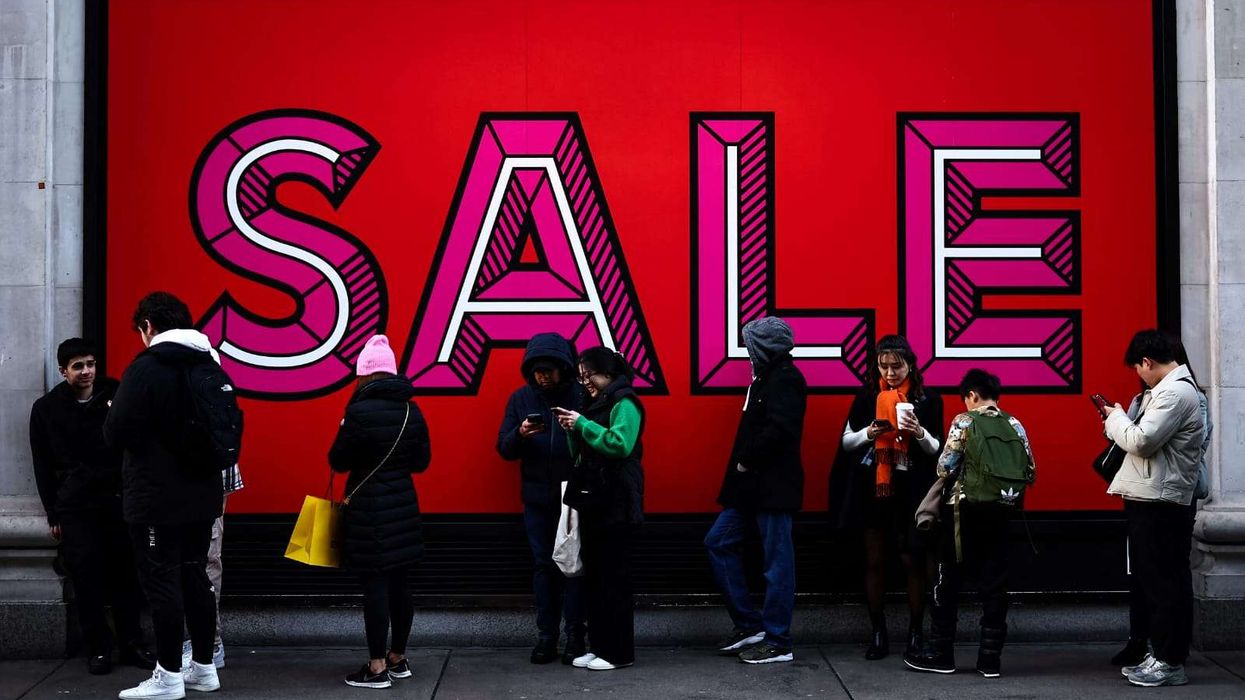London-raised honorary Yorkshireman Madani Younis is the new creative director of the Southbank Centre, possibly the most important theatre post in the country. He will oversee the Hayward Gallery, the Royal Festival Hall, Queen Elizabeth Hall, the Saison Poetry Library, and the Arts Council Collection. Additionally, Younis will act as a creative industries adviser to the mayor of London, Sadiq Khan.
Sporting his directional goatee beard and Tintin quiff, Younis has cut through the layers of Britain’s traditional theatre stuffing and orthodoxy with laser speed. One reason for his success, apart from a highly original and energetic artistry and business nous, is that he has repeatedly proven how real – not token – diversity gets bums on seats.
His parents were both immigrants and political activists: his mother was a Trinbagian teacher, his father a Pakistani trade unionist. After studying film at Southampton University Younis headed north in 2002 to the then-Red Ladder Theatre Company (now Freedom Studios) where he was its Director of Asian Theatre School.
His first production, Streets of Rage, was about the Bradford riots and established a demotic style that has stayed with him – encouraging into the theatre ordinary people as well as culture-vultures by making dramatic performance enjoyable, not just worthy.
“The most memorable production in my career to-date was a show I did in Bradford when I was artistic director of Freedom Studios,” Younis recently recalled. “We did a show called The Mill: City of Dreams. We really wanted to make our work in the communities we were from and it took place in the heart of Bradford, in the heart of a working-class community, in a disused textile factory. It charted the journey of that post-war wave of migrants from Poland, Italy, the Subcontinent and the Caribbean.”
Younis, though, is no ideologue: theatre means entertainment, above all. He proved himself down south by taking over as artistic director at the west London Bush Theatre in 2012, transforming it from basically a pub stage to a dual-venue, multi-million-pound attraction with sold-out performances.
The way Younis accomplished this was to do what theatre through the centuries has done well until recently: look at the people nearby who would be your audience and tell stories by and about them.
“The Bush invested in a vision that celebrated not just the best of theatre but the best of our country’s inherent culture,” he said. “The result was a more reflective community of artists and a breadth of new audiences that represent the diversity of the city around us.”
In short, Younis commissioned diversity into the Bush Theatre programme, for example Arinze Kene’s hit one-man show Misty and the Black Lives, Black Words season. He allowed global Londoners to make dramas about their own reality – drawing in for the first time along with “normal” audiences hordes of locals, many of who had never been to the theatre but paid for tickets because they could recognise their own lives on stage.
Half of the six to nine plays he commissioned each year were by women, half by BAME playwrights (Younis ran schemes such as Up Next, Project 2036, and Passing the Baton, supporting new BAME producers, directors and writers).
Half of the audiences – which tripled during Younis’s tenure from 16,000 to 41,000 – were first-time visitors to the Bush and by the time he left for the South Bank capacity was at 92 per cent with revenue up accordingly (also from successful West End transfers).
As he said in 2014: “My job here is to shorten the gap between art and life ... I want to f*** up culture in order that we can reveal our true humanity to one another in the hope that we might just become better human beings.”
It’s an approach that works: the Bush was one of only a handful of London venues that had their funding increased in the most recent Arts Council funding round.
At the South Bank Younis takes over from that other honorary Yorkshire impresario, Jude Kelly, who was there for 12 years after first making a great success of the West Yorkshire (now Leeds) Playhouse.






